The Boston Red Sox announced Thursday that they will be asking the city of Boston to change the name of Yawkey Way, the public street that leads to Fenway Park and is named after the team’s former owner, Tom Yawkey, a notorious racist.
In an email to the Boston Herald, current team owner John Henry said the question of renaming the street had come up a “number of times” in conversations with the administration of the previous mayor, Thomas Menino, but officials ultimately passed, fearing a political backlash. “They did not want to open what they saw as a can of worms,” Henry said.
Henry added that “David Ortiz Way” and/or “Big Papi Way,” would be his choice for a new name. But even though the Red Sox themselves can’t make this decision, the reason he’s pressing for a change now is that he remains “haunted” by the legacy of Yawkey’s pervasive racism.
Via the Boston Herald:
“’The Red Sox don’t control the naming or renaming of streets,’ Henry said. ‘But for me, personally, the street name has always been a consistent reminder that it is our job to ensure the Red Sox are not just multi-cultural, but stand for as many of the right things in our community as we can — particularly in our African-American community and in the Dominican community that has embraced us so fully. The Red Sox Foundation and other organizations the Sox created such as Home Base have accomplished a lot over the last 15 years, but I am still haunted by what went on here a long time before we arrived.’”
Current Mayor Marty Walsh said in a statement that he agreed with Henry. Representatives from both the Boston NAACP and the Greater Boston Chamber of Commerce offered words of praise and support, with the latter saying that even if renaming the street was just a symbolic gesture, it was a long-overdue one that could lead to a “turning point” in Boston finally overcoming its pervasive and long-standing racial issues.
As the Herald noted, the Red Sox were the last Major League Baseball team to add an African-American player to the roster, in 1959 — 12 years after Jackie Robinson’s debut. The Red Sox brought Robinson in for a tryout prior to his signing with the then-Brooklyn Dodgers. Per an obituary published by the Boston Globe, Yawkey was in the stands that day and told his chief scout, "All right, get those n------s out of the ball park."
Yawkey also scuttled an opportunity to sign another all-time great: Willie Mays. According to ESPN’s Howard Bryant, the author of “Shut Out: A Story of Race and Baseball in Boston,” Mays told him: “That [Tom] Yawkey. Everyone knew he was a racist. He didn't want me."
[quote position="full" is_quote="true"]The street name has always been a consistent reminder that it is our job to ensure the Red Sox are not just multi-cultural, but stand for as many of the right things in our community as we can.[/quote]
Racial tensions between Bostonians and the athletes who play there persist to this day. In May, Baltimore Orioles outfielder Adam Jones said he’d been pelted with both peanuts and racist epithets. When Boston media personalities began questioning whether the incident took place at all, multiple current players backed Jones, with New York Yankees pitcher C.C. Sabathia saying he too had been subjected to racist taunts. “When you go to Boston, you expect it,” Sabathia said.
While Henry never explicitly referred to last weekend’s horrific act of terrorism in Charlottesville, Virginia, it’s hard to imagine that the murder of 32-year-old activist Heather Heyer and subsequent decision by municipalities and cities across the United States to begin removing statues and monuments honoring the Confederacy wasn’t on his mind.
Two large-scale “free speech” rallies organized by neo-Nazis and white supremacists are scheduled to be held this weekend in Boston.





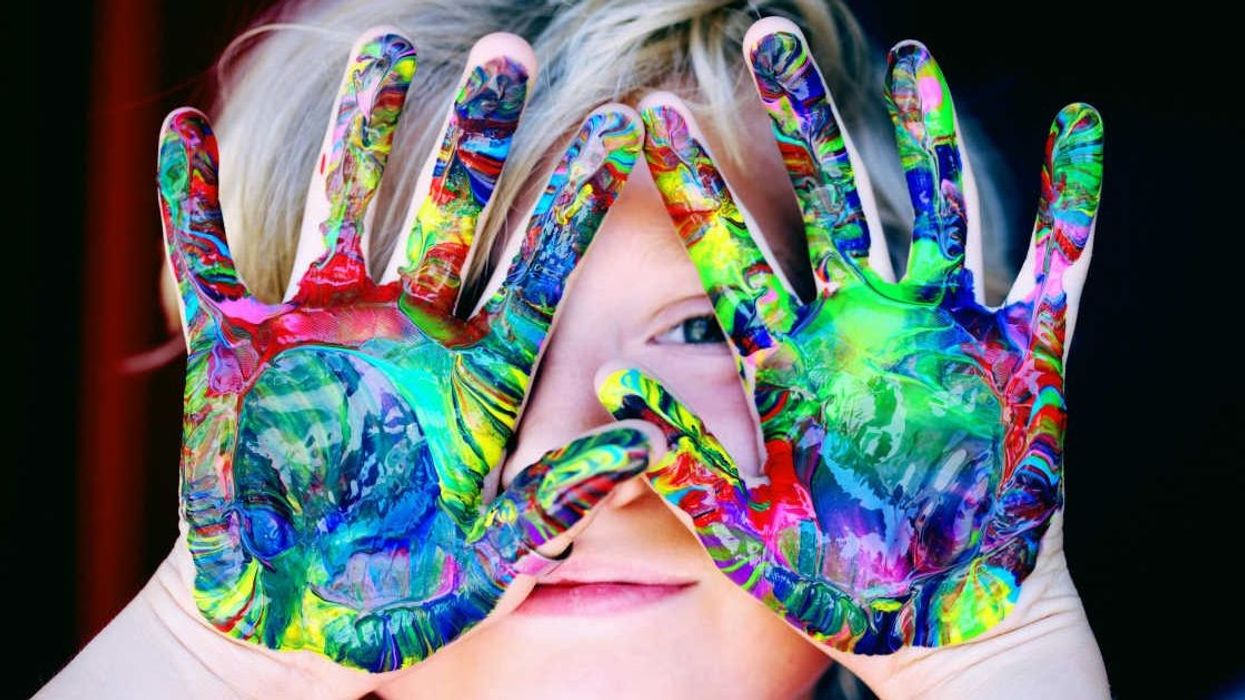

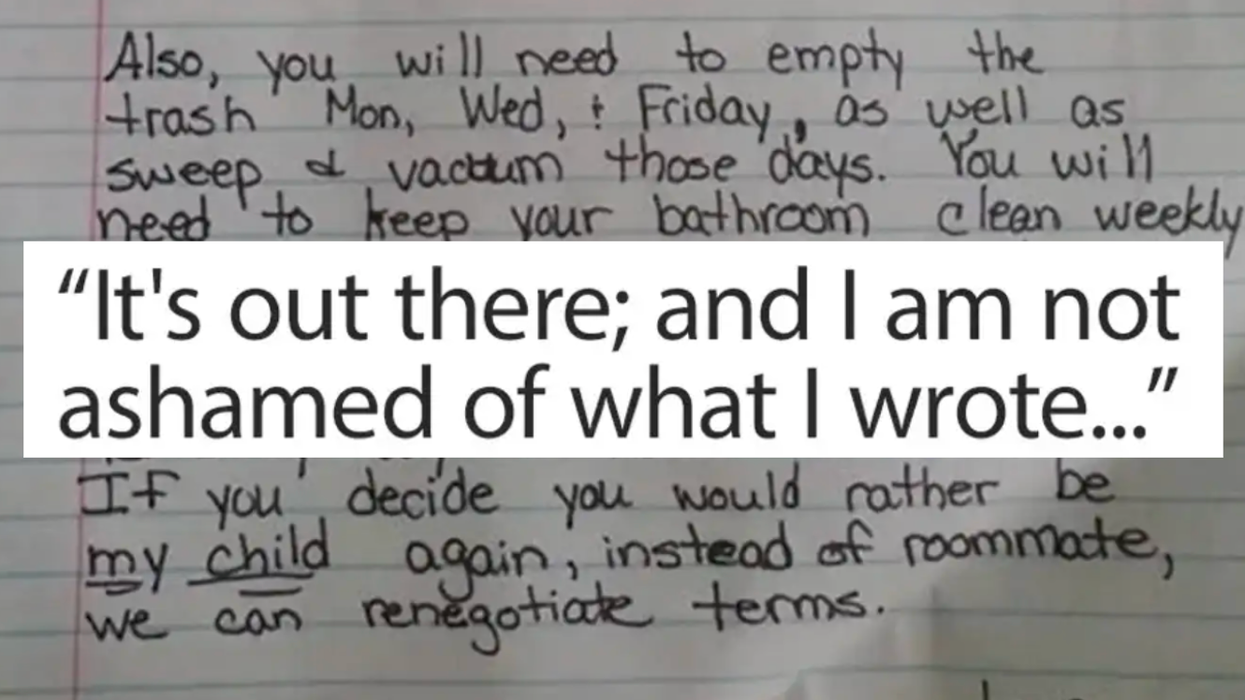
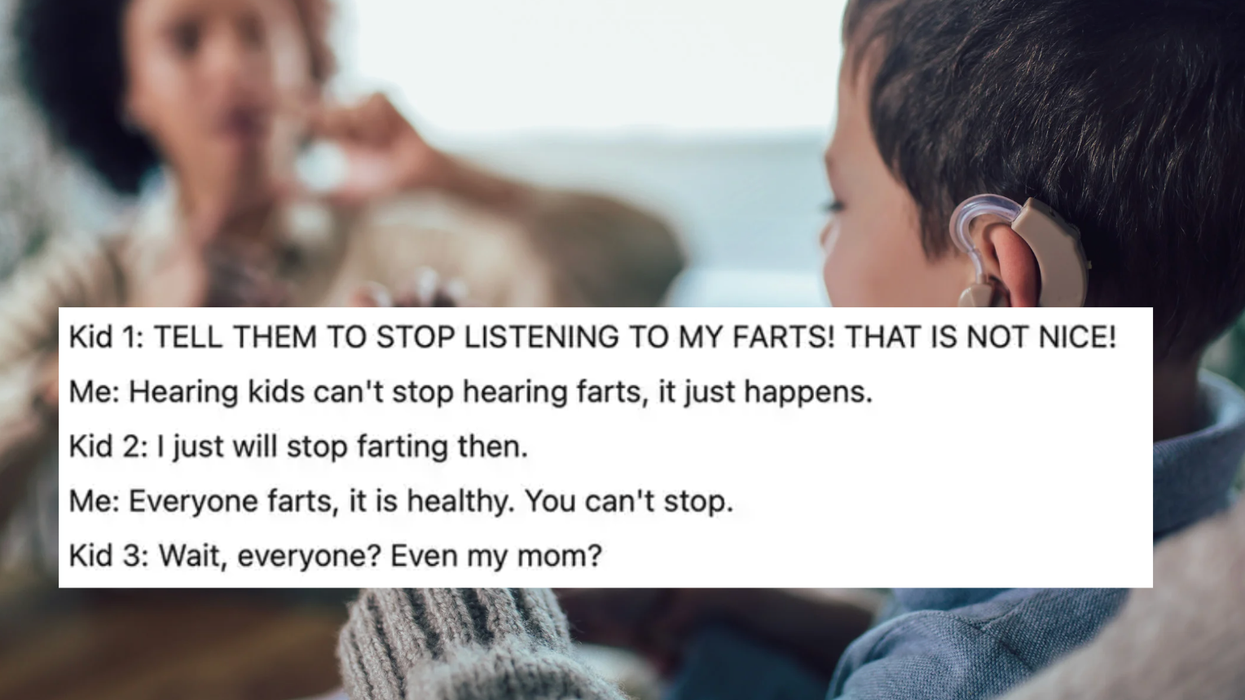







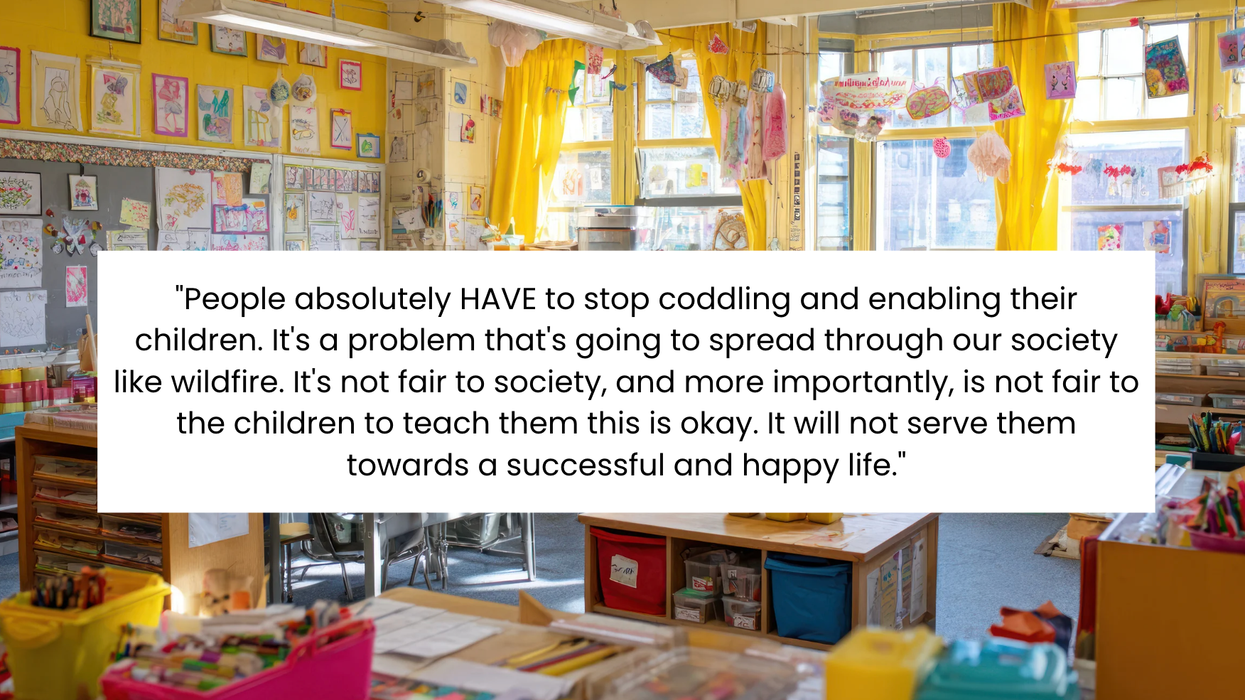
 A real estate agent talks with a young coupleCanva
A real estate agent talks with a young coupleCanva A frustrated school teacher takes a breakCanva
A frustrated school teacher takes a breakCanva A young girl plays around in her messy roomCanva
A young girl plays around in her messy roomCanva
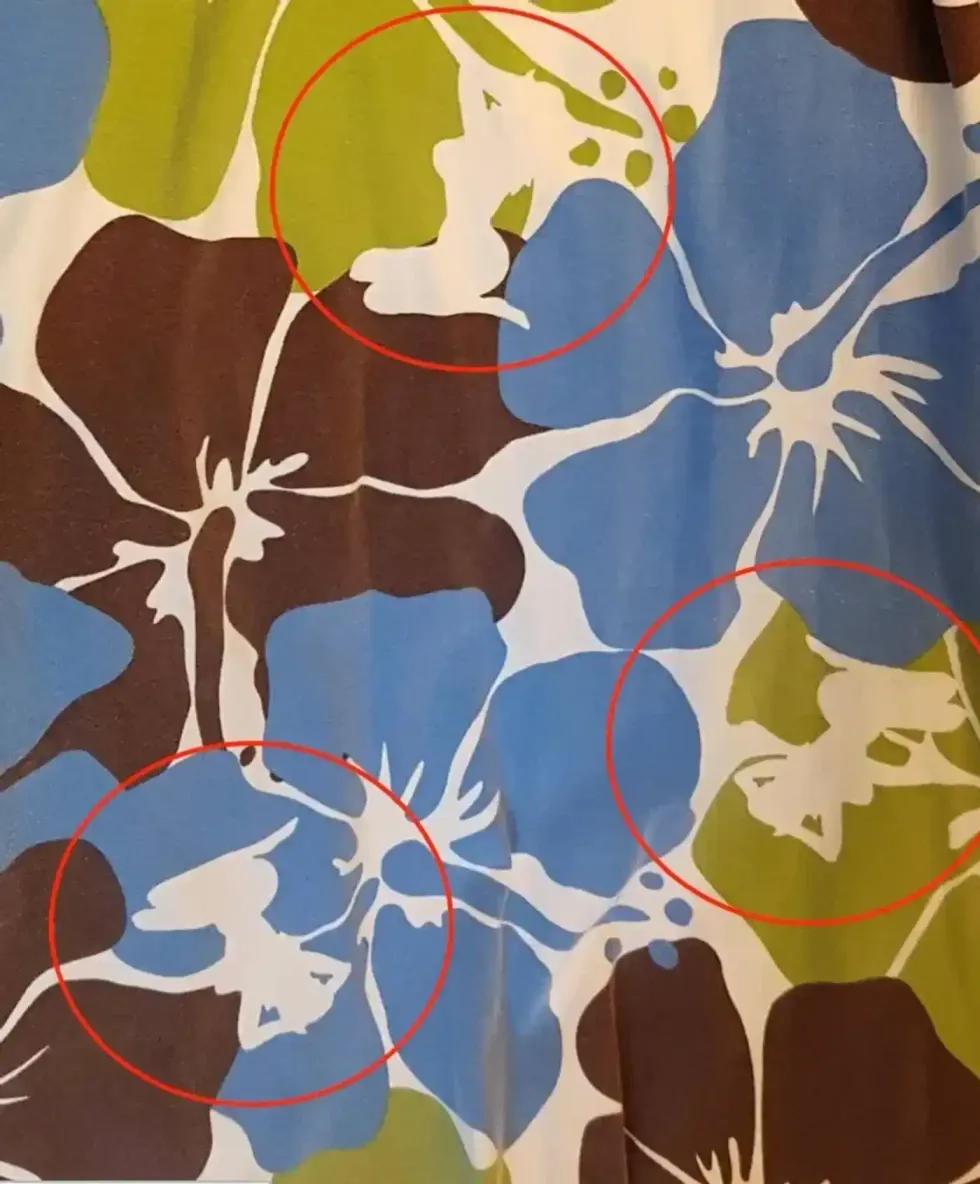 Image of the floral dress with the risque images circled
Image of the floral dress with the risque images circled 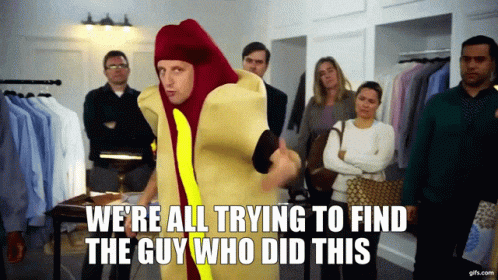 Gif of Tim Robinson via
Gif of Tim Robinson via 
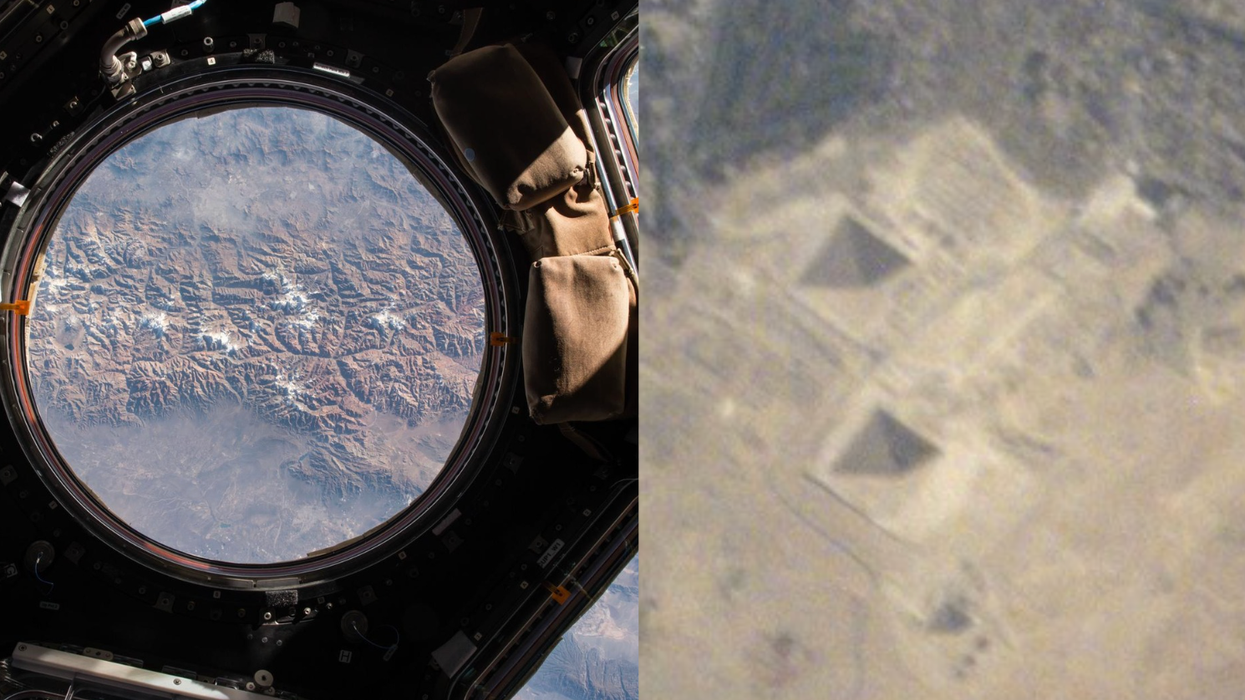

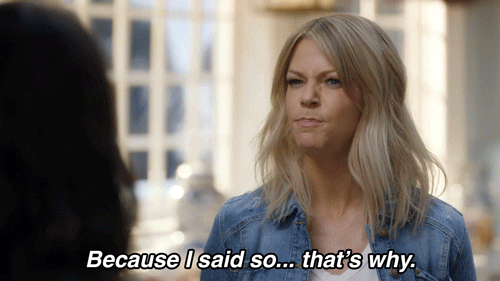 Gif of Kaitlin Olson saying "Because I said so ... that's why" via
Gif of Kaitlin Olson saying "Because I said so ... that's why" via 

 A hand holds several lottery ticketsCanva
A hand holds several lottery ticketsCanva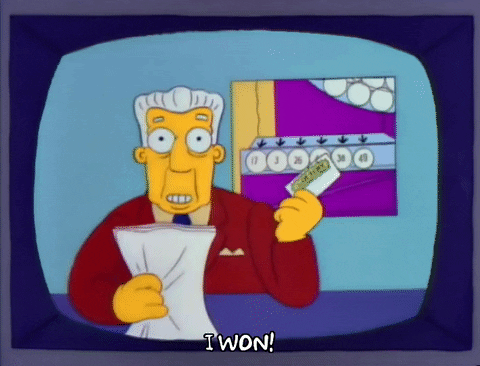 "Simpsons" gif of newscaster winning the lotto via
"Simpsons" gif of newscaster winning the lotto via